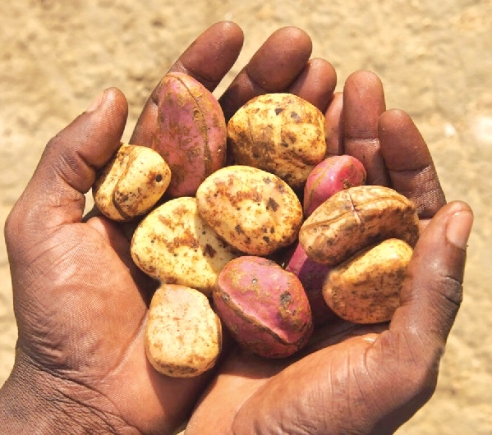Cola nut business is facing a critical challenge as dwindling supplies and skyrocketing prices are threatening both traders and consumers in Tamale, the Northern regional capital.
Once a steady source of livelihood, the cola nut trade is now struggling due to rising costs, largely attributed to import dependencies and the depreciation of the Ghanaian cedi.
Checks by Graphic Business showed that the price of cola nuts has surged dramatically over the past year. A single cola nut weighing about two grammes, previously sold for GH¢1, now costs GH¢5.
Also, a bowl containing 100 cola nuts, which used to be priced at GH¢60, has spiked to GH¢400.
Business strain
For the traders in Tamale, the increasing costs are putting a strain on their businesses.
Many are concerned that if prices continue to rise, they may lose customers and ultimately their source of income.
Despite the rising prices, consumers are still purchasing them, though at a much slower rate. The traders have attributed the development to the depreciation of the cedi.
Concerns
A trader, Afa Mubarik, who has been selling cola nuts in Tamale’s central market for the past 40 years, said the industry was on the brink of collapse due to over-reliance on imports from neighbouring countries such as Ivory Coast.
“The cedi depreciation is devastating for our business. It directly affects the cost of imports, forcing us to raise prices.
If the cedi was more stable, we could manage import costs better and offer more consistent prices to our customers,” he lamented.
A customer, Hajia Fatima, noted that while demand remained high, the price hikes were making it difficult for consumers to keep up.
“Cola nut is essential in our homes and for traditional ceremonies, but its price keeps increasing, making it hard to afford.
My elderly mother chews cola nuts regularly, so I have no choice but to keep buying them, though it’s a struggle,” she said.
For now, the traders and customers remain hopeful that with government intervention to stabilise the currency and support local businesses, the cola nut trade can recover.
ALSO READ:


